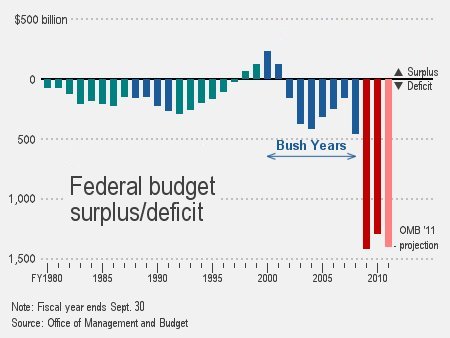The coming train wreck for Commercial Human Spaceflight
This post by retired NASA engineer Wayne Hale explains why it probably is a good idea if Congress cuts the subsidies for new commercial space: The coming train wreck for commercial human spaceflight. This is the key quote, where Hale describes the regulations NASA is requiring these new companies to meet:
The document runs a mind-numbing 260 pages of densely spaced requirements. Most disappointing, on pages 7 to 11 is a table of 74 additional requirements documents which must be followed, in whole or in part. Taken all together, there are thousands of requirement statements referenced in this document. And for every one NASA will require a potential commercial space flight provider to document, prove, and verify with massive amounts of paperwork and/or electronic forms.
This post by retired NASA engineer Wayne Hale explains why it probably is a good idea if Congress cuts the subsidies for new commercial space: The coming train wreck for commercial human spaceflight. This is the key quote, where Hale describes the regulations NASA is requiring these new companies to meet:
The document runs a mind-numbing 260 pages of densely spaced requirements. Most disappointing, on pages 7 to 11 is a table of 74 additional requirements documents which must be followed, in whole or in part. Taken all together, there are thousands of requirement statements referenced in this document. And for every one NASA will require a potential commercial space flight provider to document, prove, and verify with massive amounts of paperwork and/or electronic forms.

